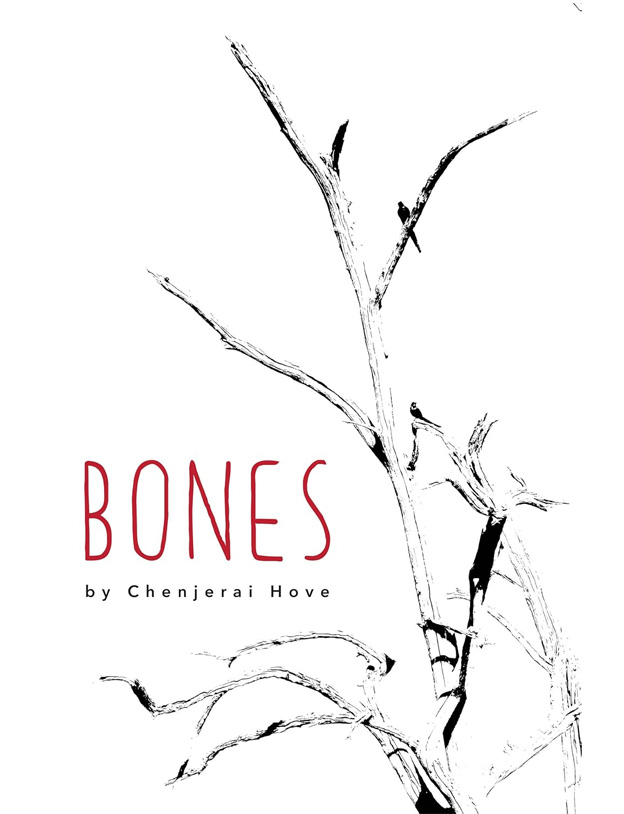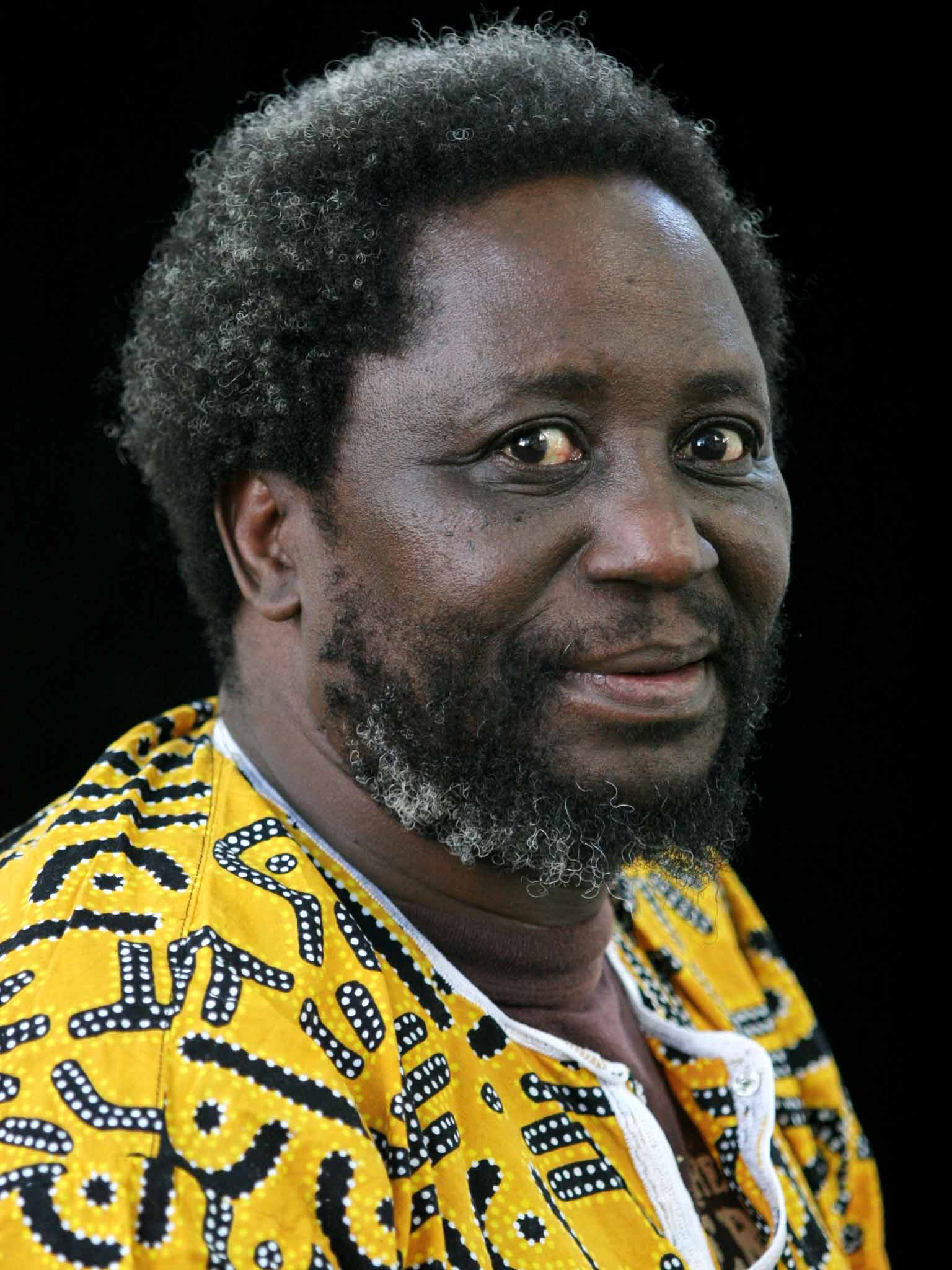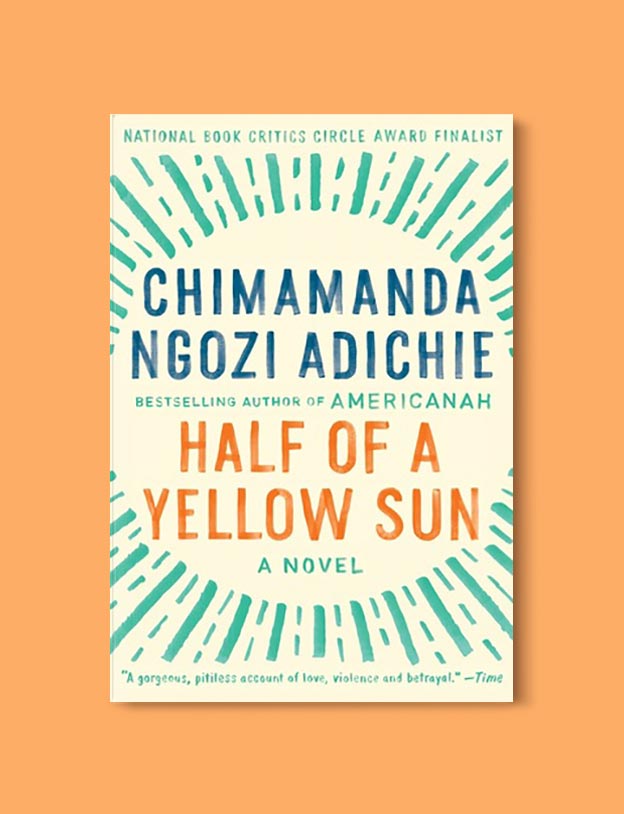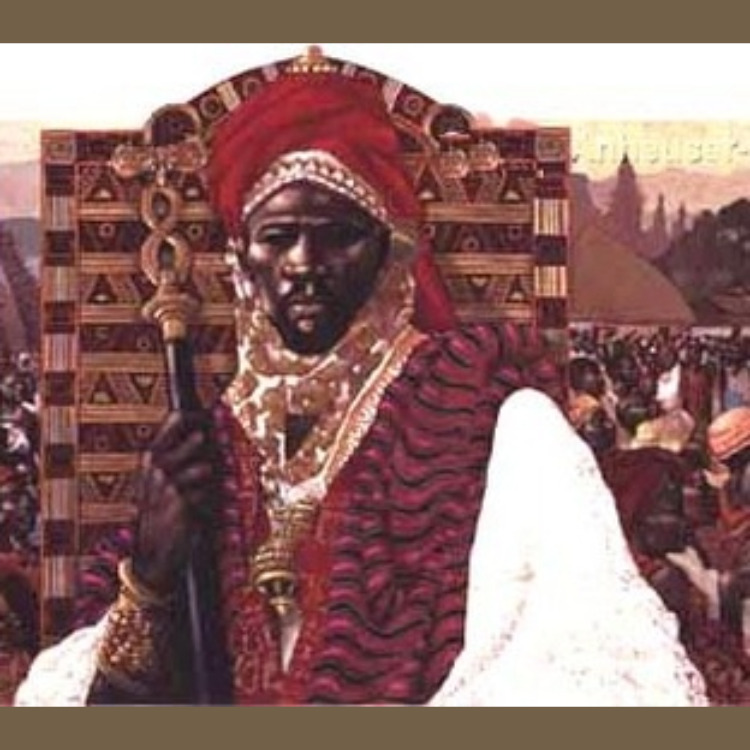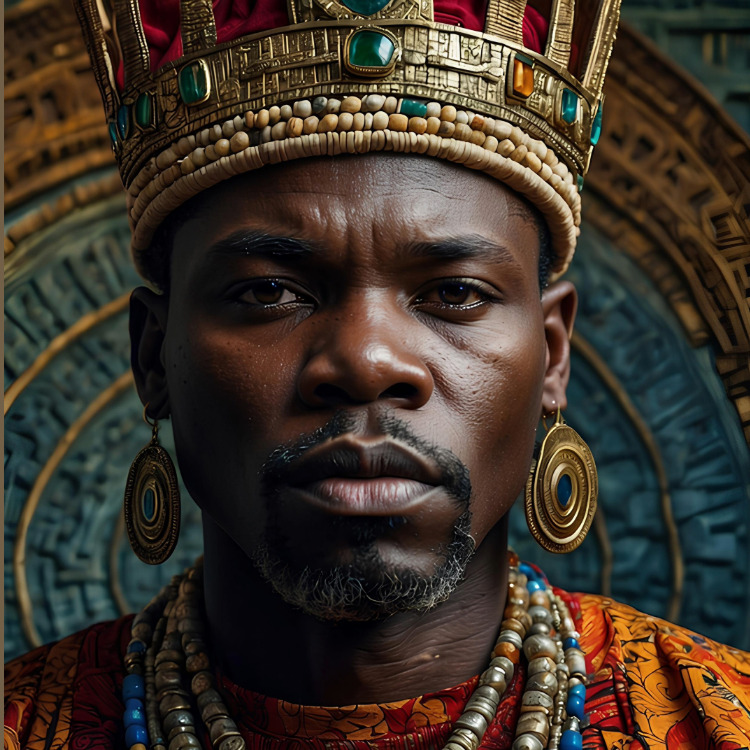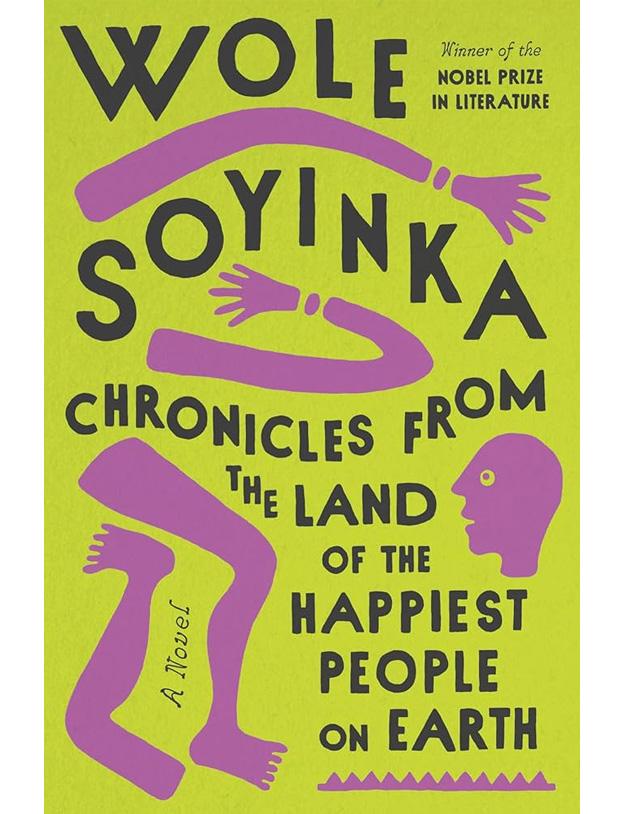Bones – Chenjerai Hove
Plot Summary
Bones is a novel that feels like both a whisper and a cry. It is set during Zimbabwe’s liberation struggle, but instead of focusing on soldiers and battles, Hove tells the story of the ordinary people, especially women, who carried the weight of the war in their quiet, everyday lives.
At the center of the book is Marita, a woman who works on a white-owned farm. She is not a warrior with guns, but she has courage that is just as fierce. Marita refuses to betray her son, who has joined the liberation fighters, even when she is pressured, questioned, and punished. Her strength is the kind of strength that doesn’t make noise but stands firm like a rooted tree.
The story is written in a poetic way, almost like the voices are chanting, whispering, and answering each other. Hove gives us the voices of women, workers, and elders, people who are usually silenced in history. Through them, we see the pain of the land stolen from its people, the hunger in the stomachs of laborers, the brokenness caused by colonialism, and the quiet resistance that lives in love, in memory, and in motherhood.
About the Author
Bernard Binlin Dadié (1916–2019) was an Ivorian writer, poet, dramatist, and politician, one of the great voices of modern African literature. Born in Assinie, Côte d’Ivoire, he lived through French colonial rule and used his pen to fight for memory, identity, and freedom.
He started his career in administration and culture, later becoming Ivory Coast’s Minister of Culture. But beyond politics, his biggest contribution was his writing. Dadié wrote poems, plays, short stories, and novels. His works often mix autobiography with fiction, memory with history. He believed stories were a way to keep a people alive.
Climbié, his most famous novel, is often read as his own life in disguise, showing how a young African can resist colonial erasure by holding onto his roots. But he also wrote collections like An African in Paris, which reflects his experiences abroad, and The Black Woman, a powerful poem celebrating African womanhood.
Dadié lived to be more than 100 years old.
Buy the Book
- option 1
- option 2
- option 3
latest video

nia via inbox
Stay connected. Subscribe and get updated on what's new with Nia!

